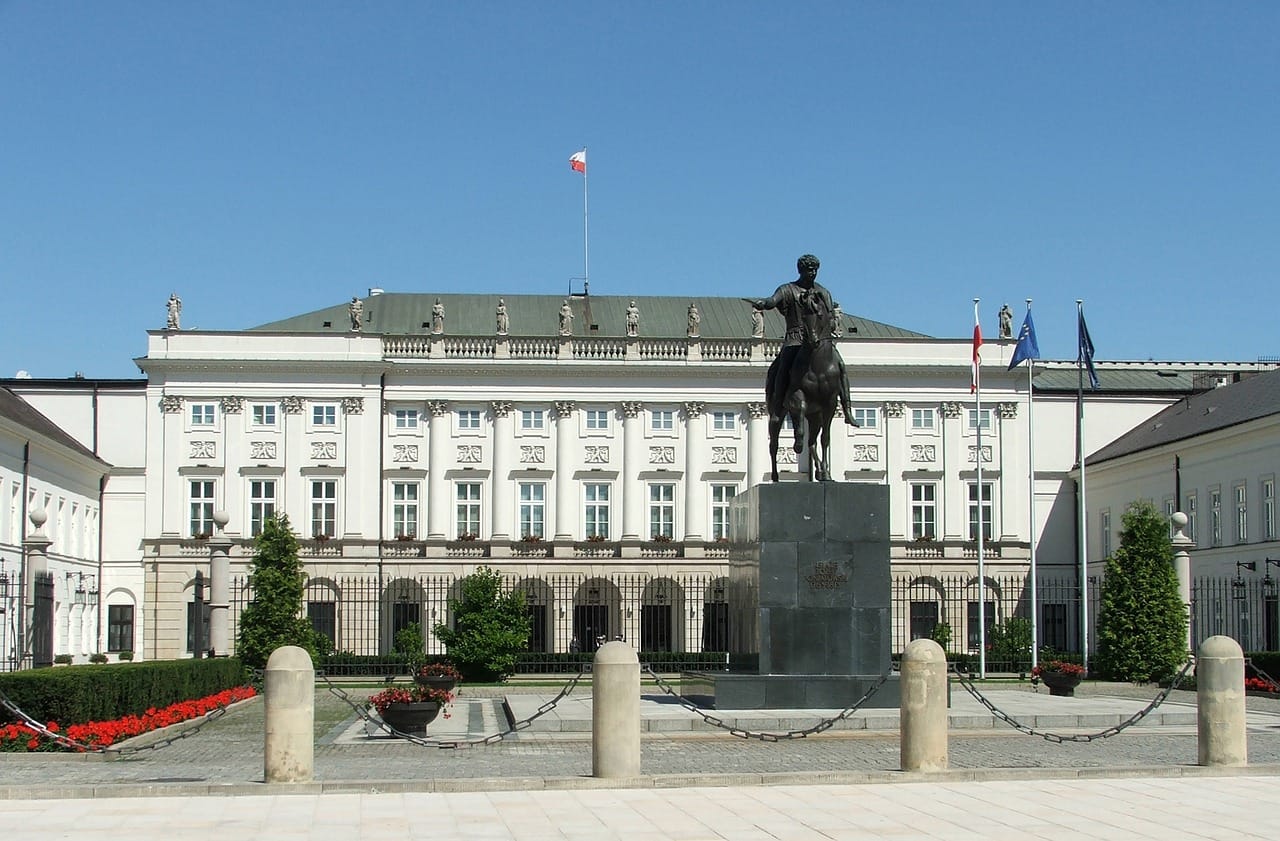
Money talks, and in 2025, it’s practically screaming from every corner of the globe. While most of us are still figuring out how to afford our morning coffee without checking our bank balance twice, a record-breaking number of ultra-wealthy individuals are casually accumulating wealth that rivals entire nations’ GDP.
From tech moguls losing billions in a bad quarter (and somehow still being richer than small countries) to millionaires popping up faster than food trucks at a music festival, the global wealth landscape has never been more fascinating-or more mind-boggling!
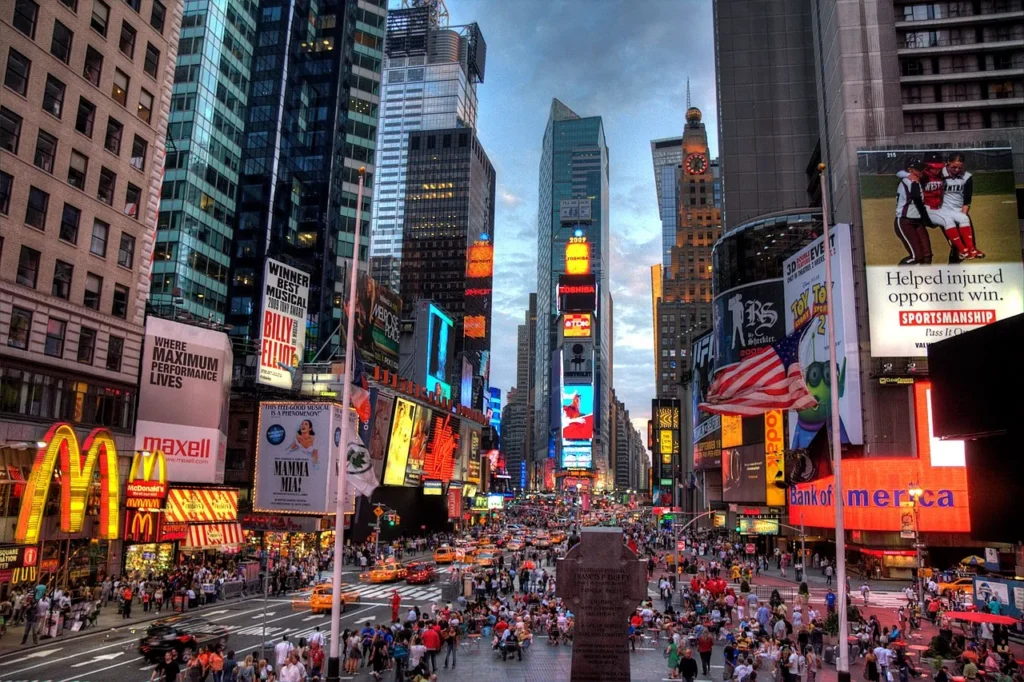 Time Sqaure, New York; Photo- Wikipedia
Time Sqaure, New York; Photo- WikipediaBillionaire Club Reaches New Heights
According to Forbes’ 2025 World’s Billionaires List, a staggering 3,028 individuals now hold this exclusive title—the largest cohort ever recorded and the first time the list has surpassed 3,000 members!
These financial titans collectively control $16.1 trillion in wealth, representing a $2 trillion increase from 2024. To put this astronomical figure into perspective, their combined wealth exceeds the GDP of every single country on Earth except the United States and China.
That’s right—the world’s billionaires could theoretically buy most nations outright and still have change left over for a decent vacation.
The geographic distribution of these billionaires tells an interesting story. The United States leads the pack with a record 902 billionaires, while China and Hong Kong together house 516. India rounds out the top 3 with 205 billionaires calling it home.
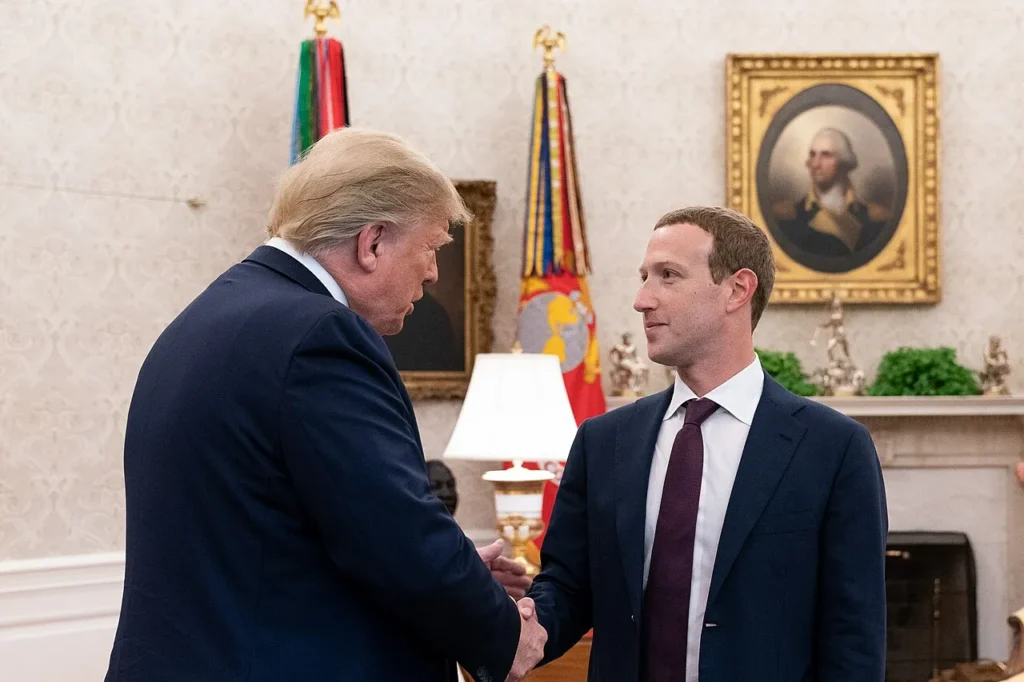 President Trump Meets with Mark Zuckerberg; Photo- Wikipedia
President Trump Meets with Mark Zuckerberg; Photo- WikipediaExclusive Members of the $200 Billion Club
Within this already exclusive billionaire circle exists an even more rarefied group: those worth over $200 billion. Only 3 individuals achieved this milestone in 2025—Elon Musk, Mark Zuckerberg, and Jeff Bezos.
Elon Musk tops the list with $342 billion, a fortune that rivals Finland’s entire economic output. Mark Zuckerberg’s $216 billion surpasses Algeria’s GDP, while Jeff Bezos’ $215 billion outpaces Hungary’s economic might. These numbers are so large they almost become abstract—until you realise these are individual fortunes accumulated in just a few decades.
Millionaires: The New Middle Class?
While billionaires grab headlines, millionaires represent a much larger and rapidly growing segment of global wealth.
The 2024 Global Wealth Report reveals that approximately 58 million people worldwide have achieved millionaire status, representing 1.5% of the adult population.
The United States dominates this category as well, hosting nearly 22 million millionaires—38% of the world’s total. This translates to 1 in every 9 American adults being a millionaire, a statistic that would have seemed impossible just a generation ago.
Mainland China follows with over six million millionaires, doubling the United Kingdom’s count, which ranks third. The growth trajectory is particularly impressive, with 52 of 56 global markets projected to see increases in millionaire populations by 2028. Taiwan stands out with a potential 50% increase, suggesting significant economic opportunities ahead.
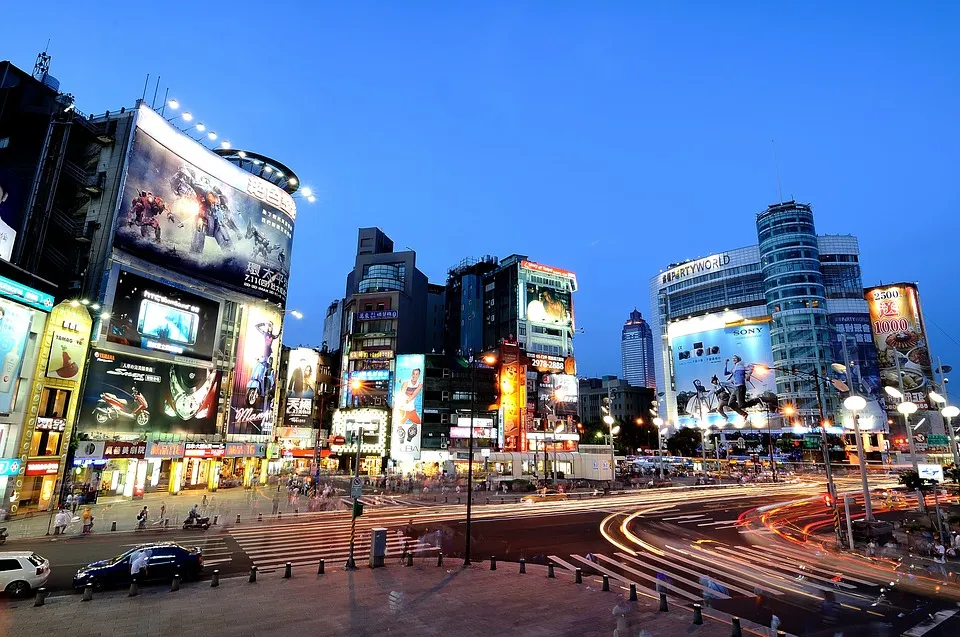 New World Building and Partyworld Zhonghua New Hall, Taipei, Taiwan; Photo- Wikipedia
New World Building and Partyworld Zhonghua New Hall, Taipei, Taiwan; Photo- WikipediaHow the Wealthy Build Their Fortunes
The traditional paths to extreme wealth—technology, finance, real estate, and healthcare—continue to produce millionaires and billionaires. Tech industry pioneers like Mark Zuckerberg, Elon Musk, and Bill Gates have become household names through their revolutionary companies.
However, the landscape has evolved dramatically. The creator economy, valued at $250 billion in 2022 and projected to nearly double by 2027, has democratized wealth accumulation. Platforms like YouTube, Instagram, Facebook, and Amazon have enabled individuals to transform content creation into million-dollar enterprises!
This shift particularly resonates with Millennials and Gen Z, who leverage these digital platforms to monetise their creativity and expertise. While not every new millionaire emerges from the creator economy, these platforms have undeniably opened new avenues for wealth generation.
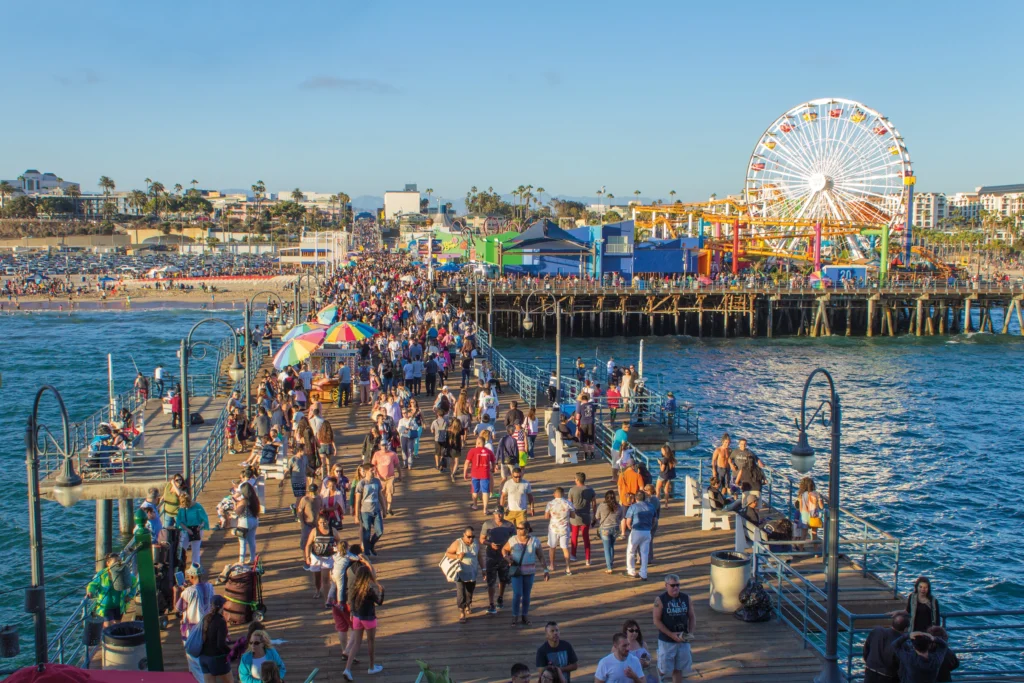 Los Angeles; Photo- PxHere
Los Angeles; Photo- PxHereGeographic Concentration of Wealth
The distribution of millionaires reveals interesting global patterns. The United States leads not just in absolute numbers but also in creating favourable conditions for wealth accumulation. Major metropolitan areas like New York, the Bay Area, and Los Angeles continue attracting high-net-worth individuals through robust business environments and quality of life.
Switzerland presents a fascinating case study in wealth concentration, with 12 out of every 100 adults possessing wealth exceeding $1 million—the highest concentration globally. This achievement stems from the country’s stable economy, exceptional quality of life, and strategic tax policies.
Western Europe collectively accounts for 28% of the world’s millionaire population, while surprising growth markets like Qatar and Kazakhstan are experiencing rapid increases in their wealthy populations, likely driven by tax incentives and favourable business conditions.
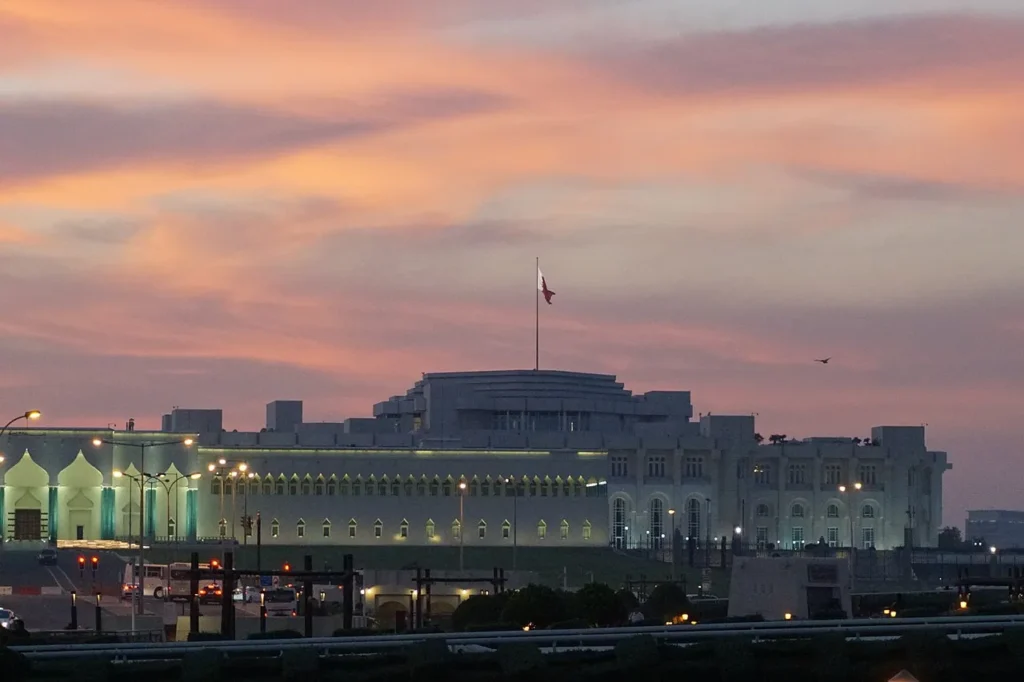 Amiri Diwan of the State of Qatar, administrative office of the Emir, Qatar; Photo- Wikipedia
Amiri Diwan of the State of Qatar, administrative office of the Emir, Qatar; Photo- WikipediaVolatility of Extreme Wealth
Despite these impressive wealth accumulations, the ultra-rich aren’t immune to market turbulence. The first quarter of 2025 demonstrated this volatility dramatically, with major stock indices experiencing significant declines—the S&P 500 dropped 7%, the Dow Jones fell 6%, and the Nasdaq plummeted 10%.
These market movements particularly impact billionaires whose fortunes are tied to public companies. Elon Musk lost approximately $156 billion during Tesla’s worst quarter since 2022, while Jeff Bezos saw $29 billion disappear between January and March. The billionaires who attended Trump’s inauguration collectively lost an estimated $209 billion during this period.
Passport Portfolio Strategy
Interestingly, many wealthy individuals pursue multiple citizenships to optimise their financial and lifestyle opportunities.
High-profile examples include Evan Spiegel obtaining French citizenship, Peter Thiel securing New Zealand citizenship, and Eric Schmidt acquiring Cypriot citizenship.
These strategic moves often provide tax advantages, enhanced mobility, and access to different markets and investment opportunities, illustrating how the globally wealthy think beyond traditional national boundaries.
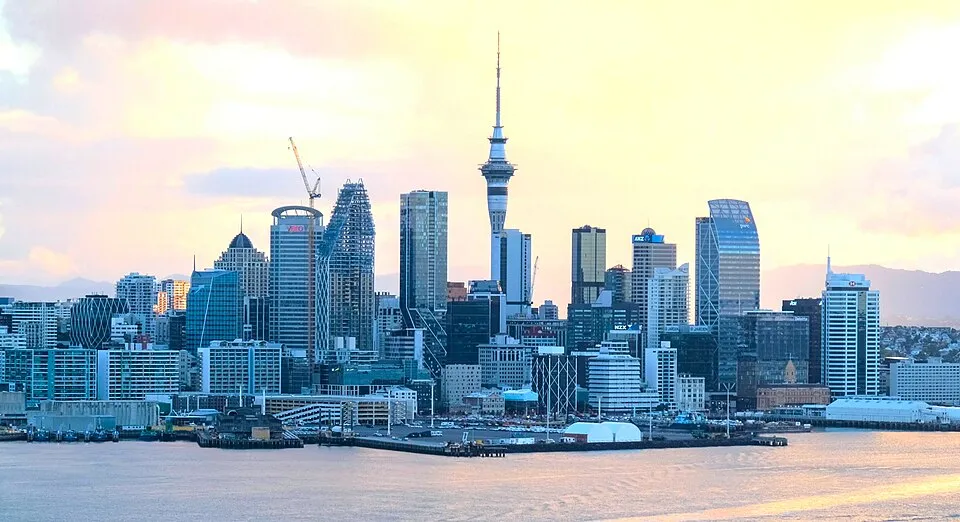 Waiheke, Auckland city, New Zealand; Photo- Wikipedia
Waiheke, Auckland city, New Zealand; Photo- WikipediaBottom Line
The 2025 global wealth landscape presents a study in extremes that would make even the most creative fiction writers pause. With billionaires accumulating wealth faster than small nations can generate GDP and millionaires becoming increasingly common (relatively speaking), we’re witnessing an unprecedented concentration of global resources.
Whether this trend represents economic dynamism or concerns inequality depends on your perspective—and probably your bank account balance. One thing’s certain: while the rest of us debate whether to supersize our meals, these individuals are casually supersizing entire economies. The wealth gap isn’t just growing; it’s practically doing gymnastics at this point!
Stay tuned with us. Further, follow us on social media for the latest updates.
Join us on Telegram Group for the Latest Aviation Updates. Subsequently, follow us on Google News
Top 10 Wealthiest Cities in the World in 2025
The post Countries with Highest Millionaires and Billionaires in the World in 2025 appeared first on Aviation A2Z.









